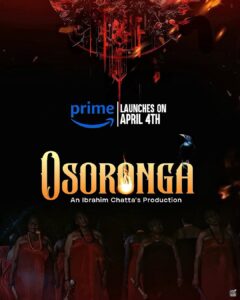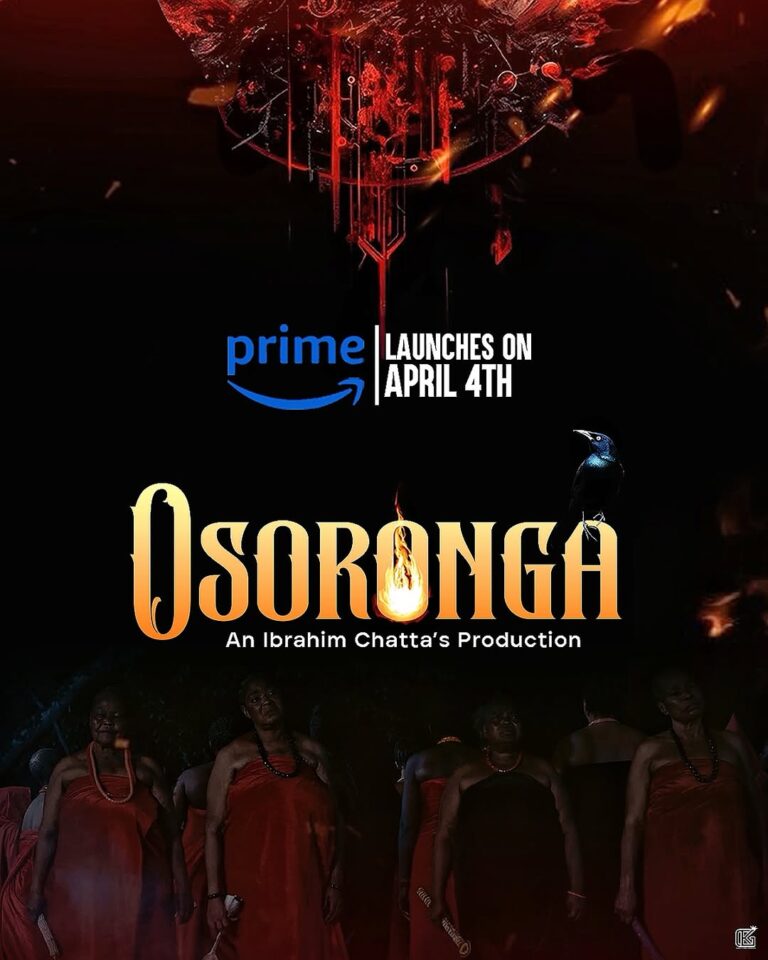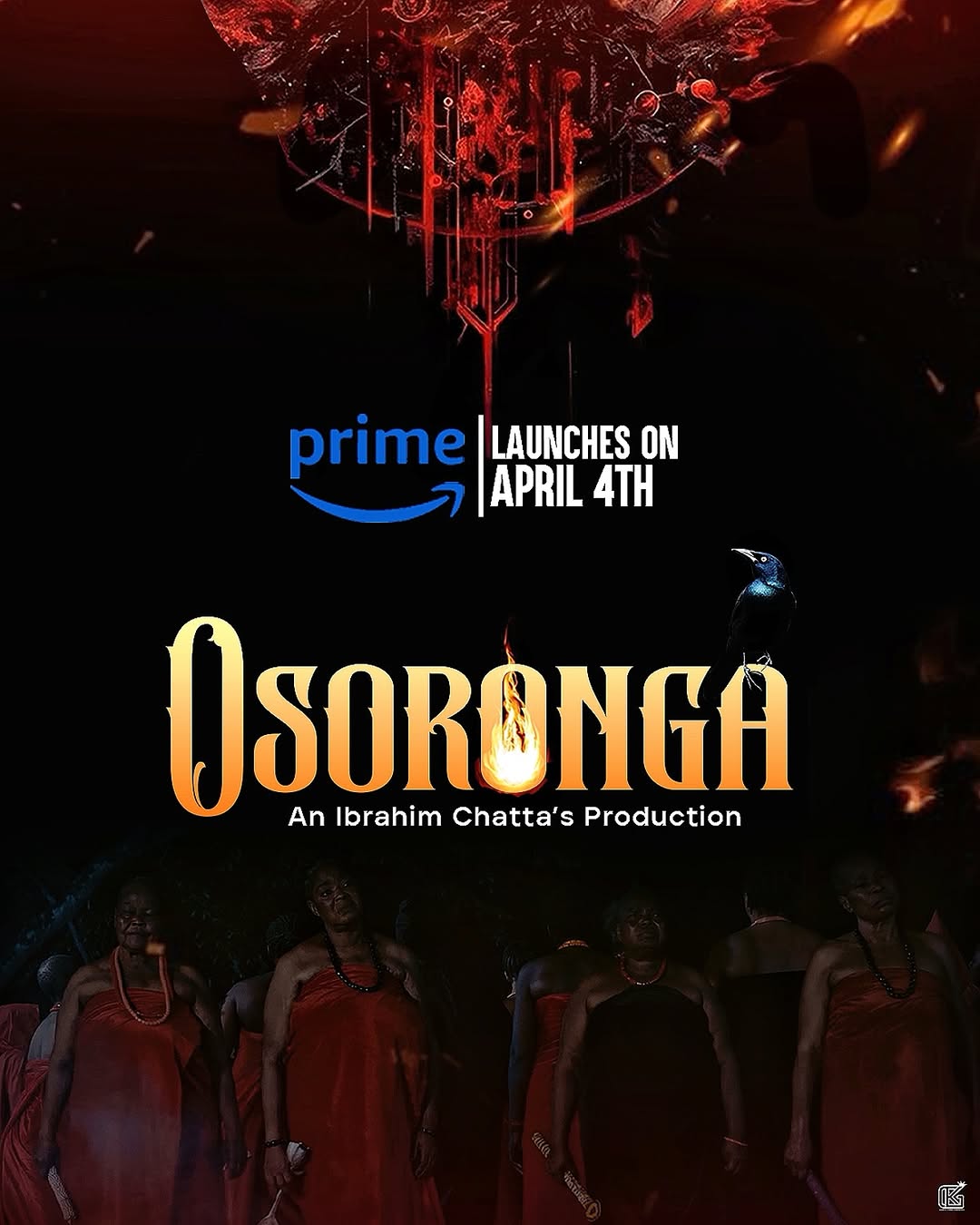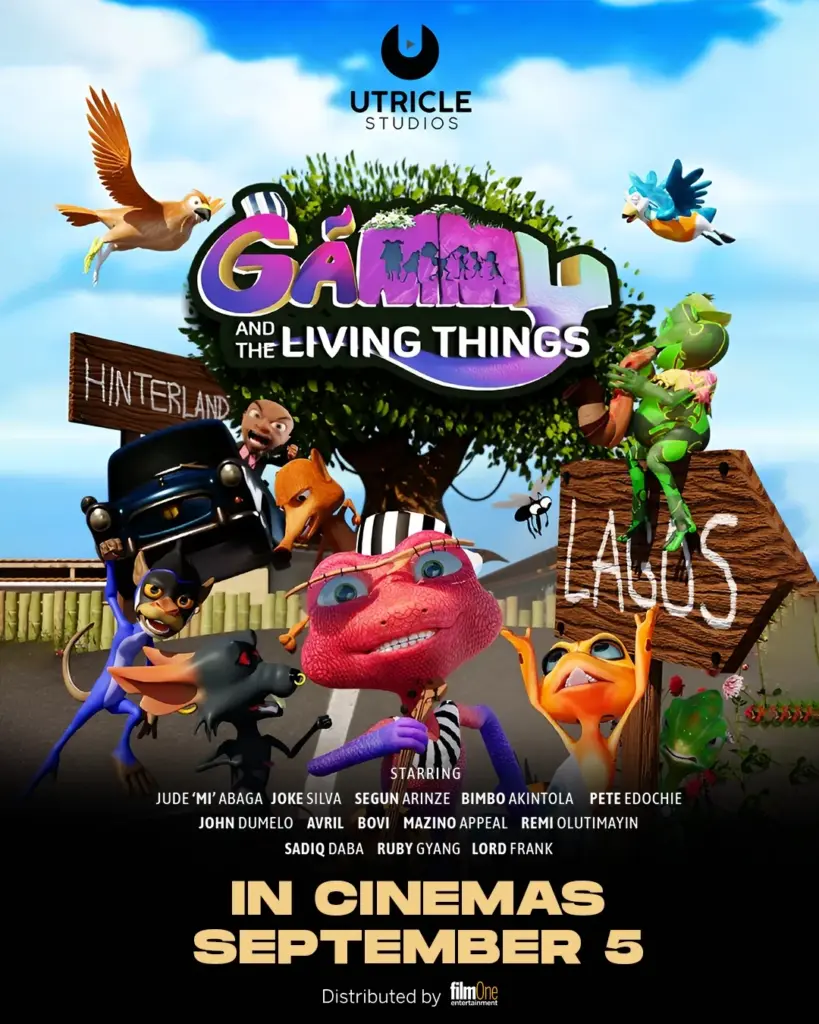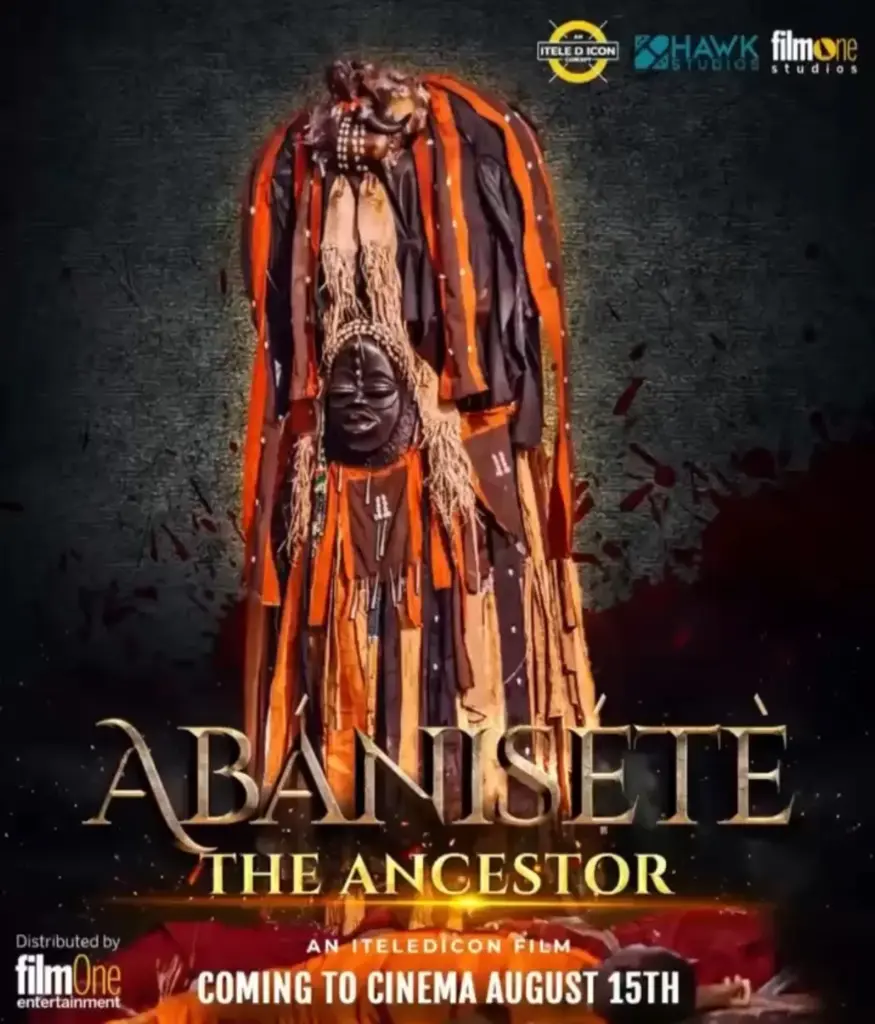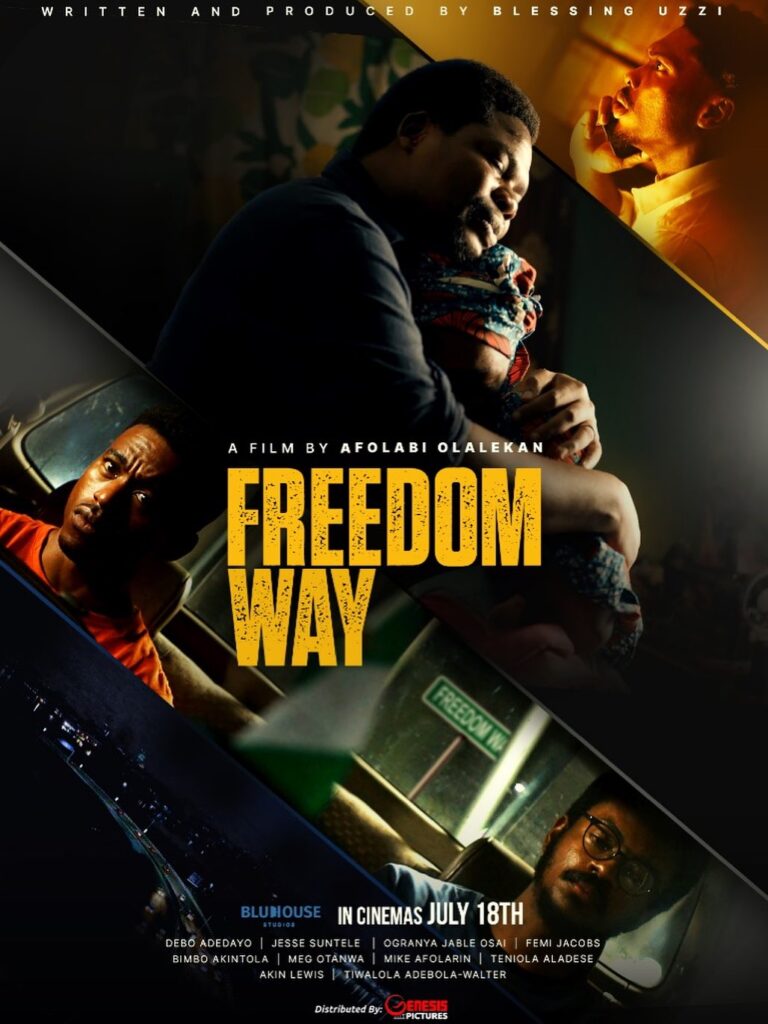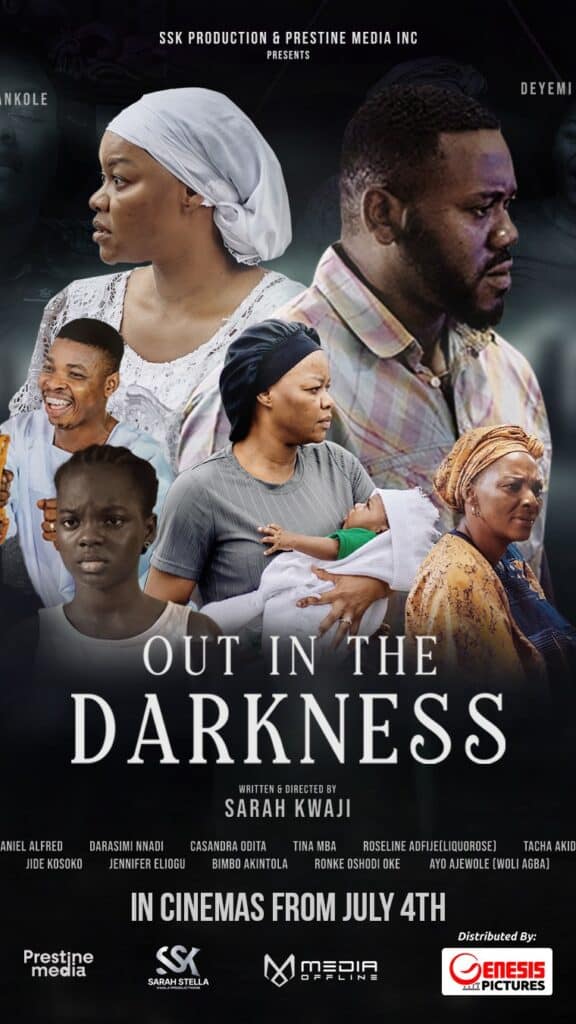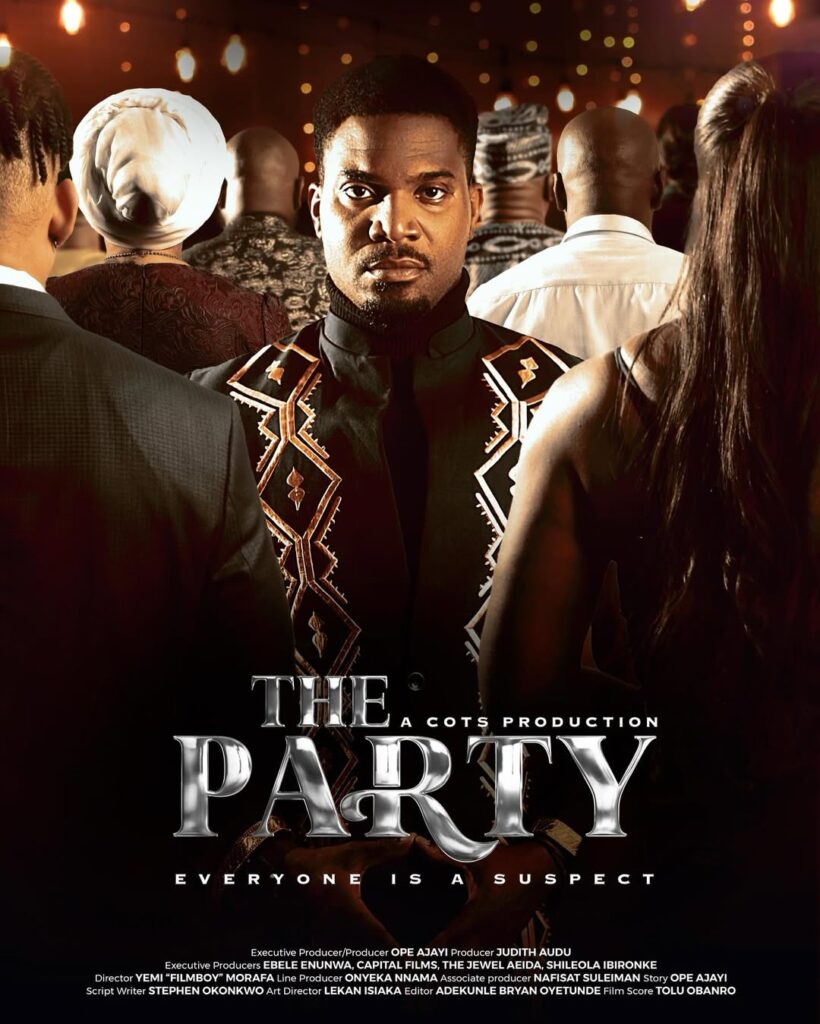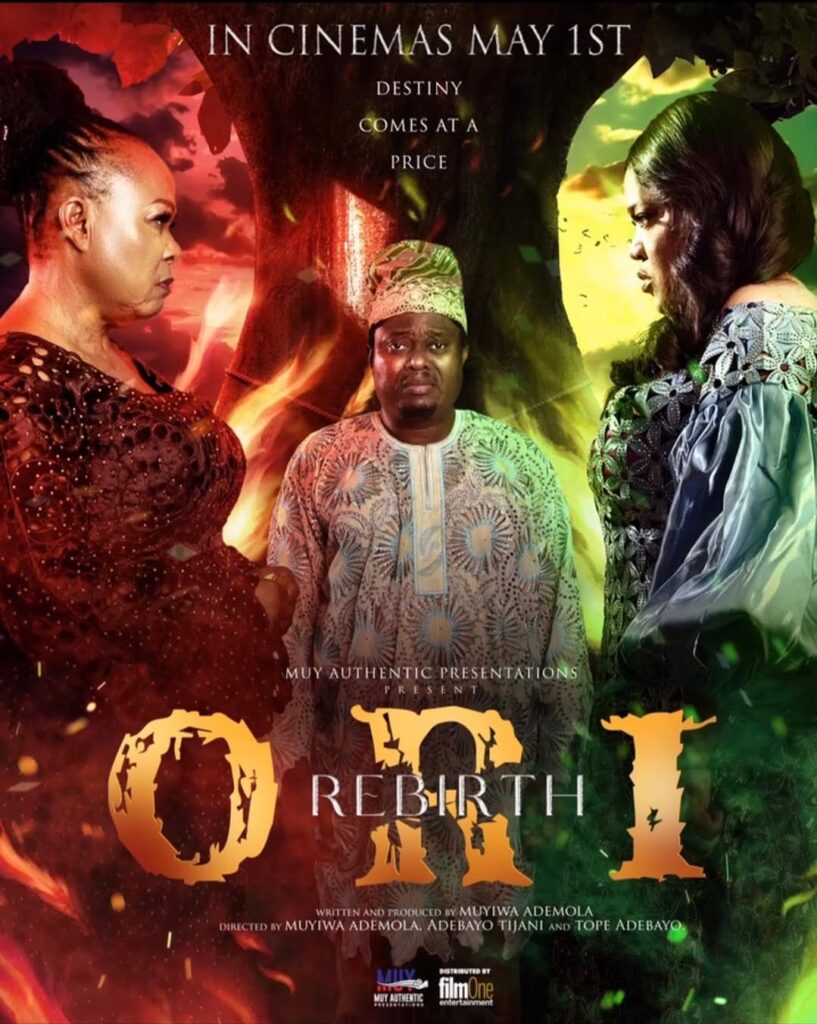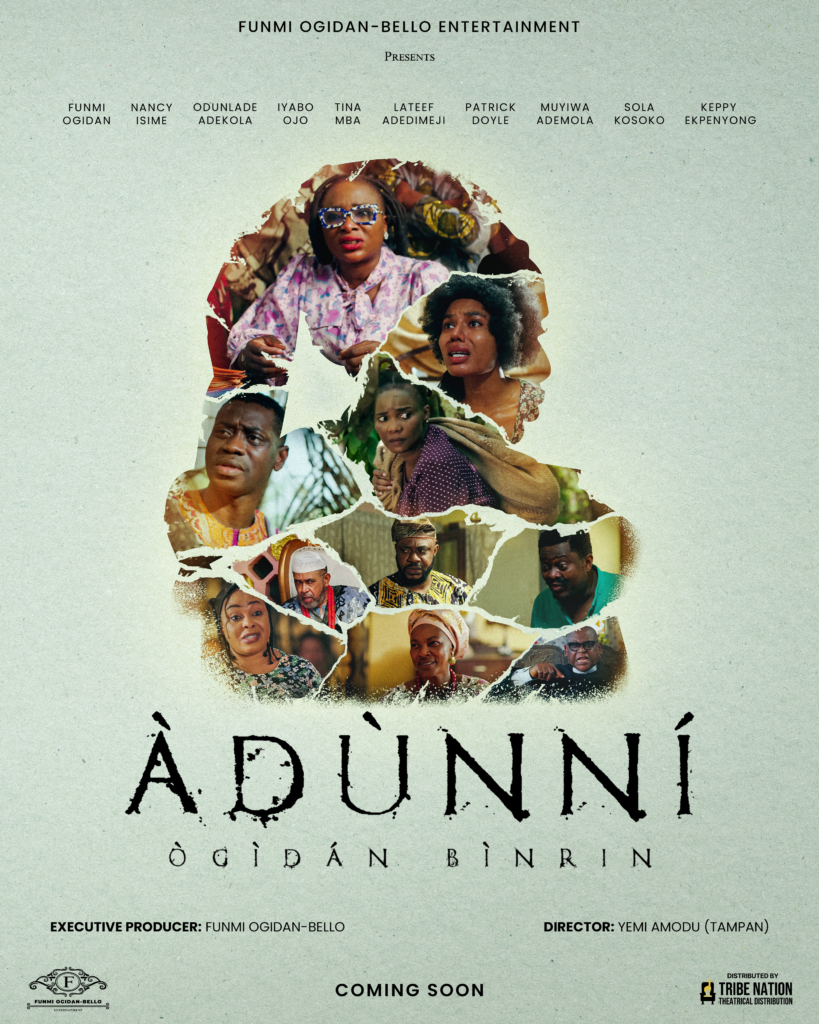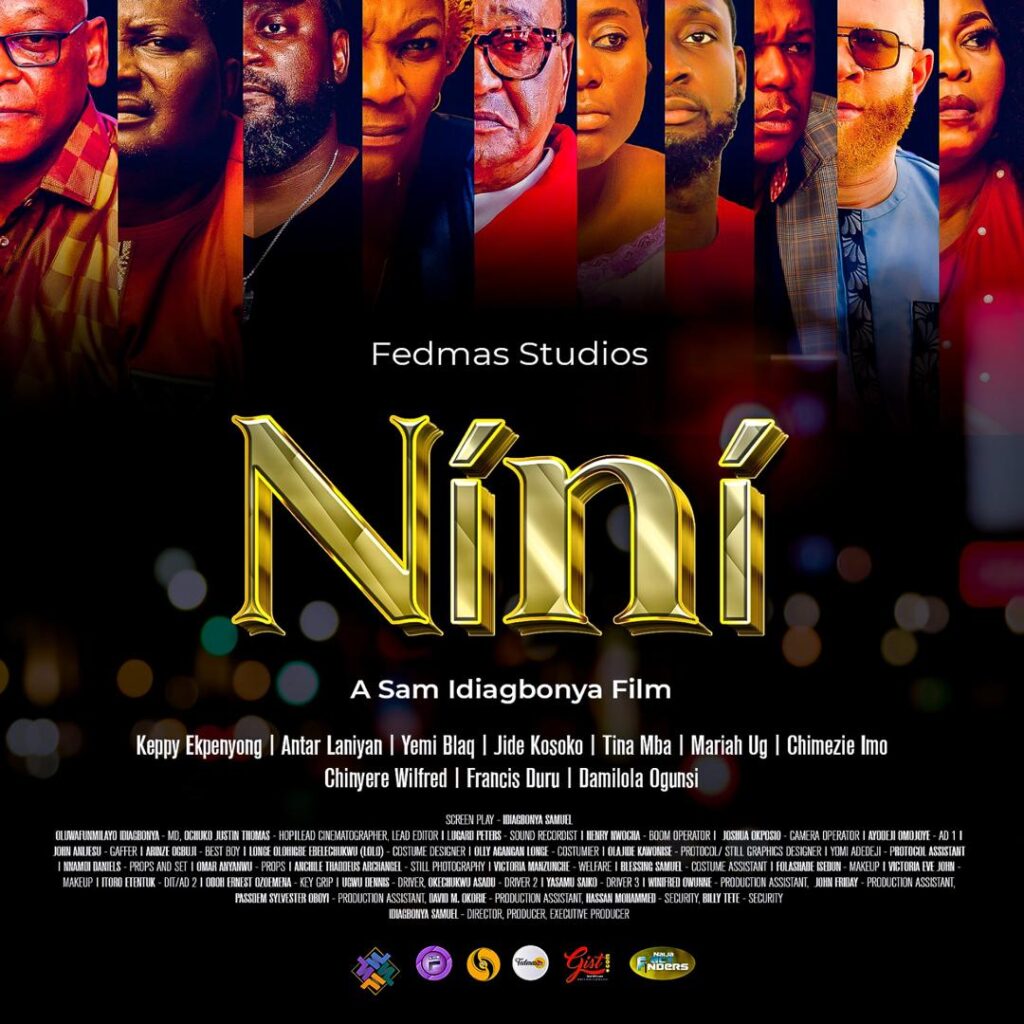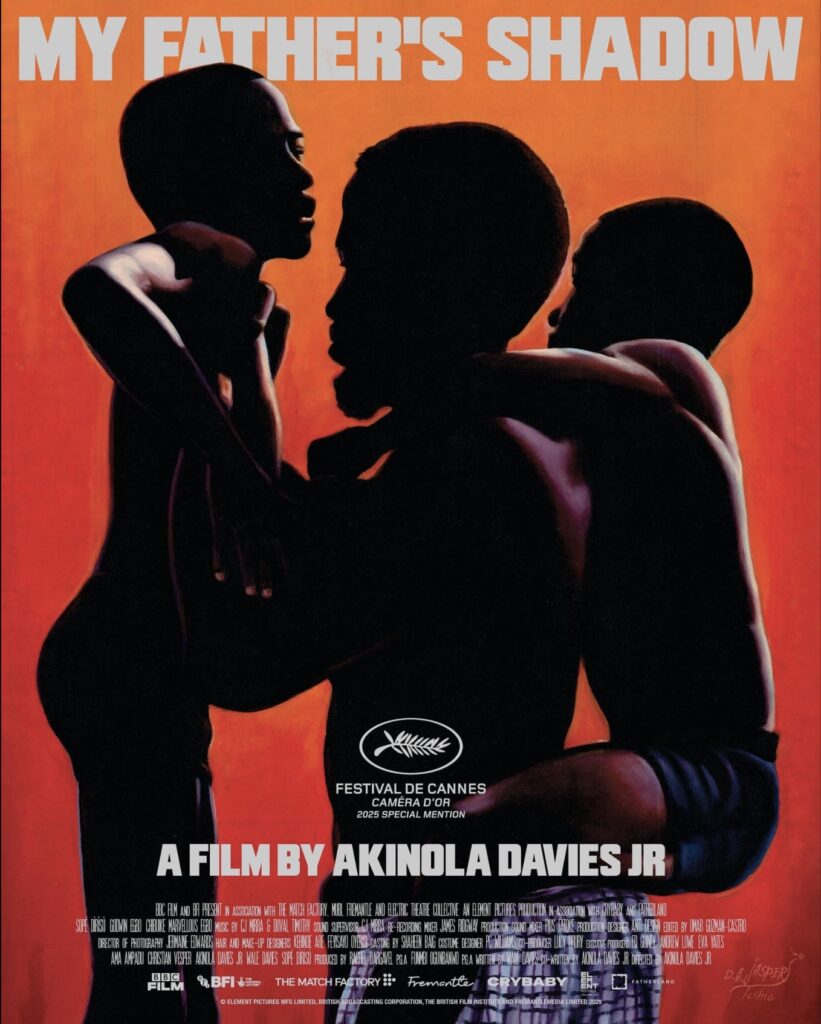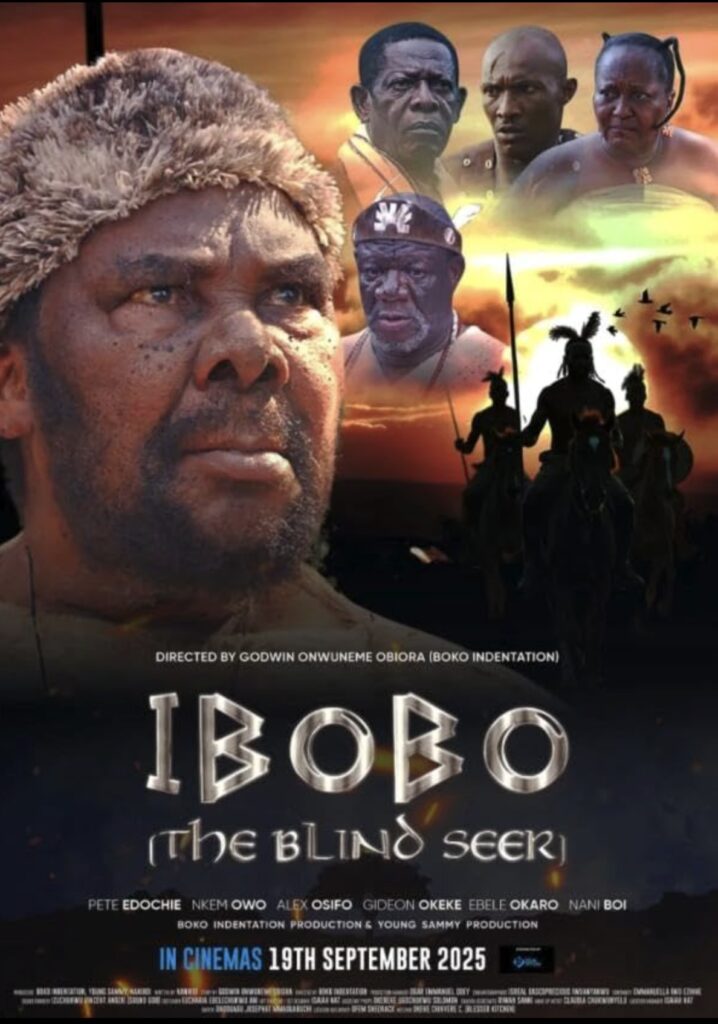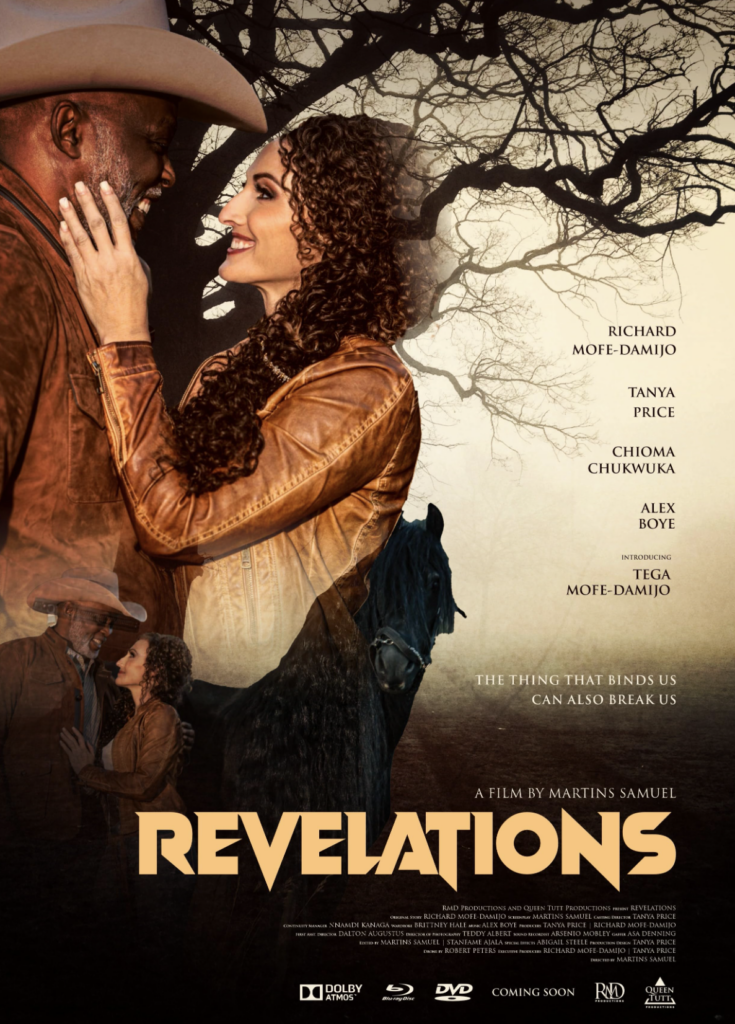Osoronga
Osoronga
Osoronga
Top Cast
Seasons and Episodes
Share:
Where to Watch









Interviews & Exclusive Videos
Osoronga by Ibrahim Chatta — A Reflection on Supernatural Retribution and Ancestral Reckoning
Osoronga, a Yoruba-language film directed and led by the prolific Nigerian actor Ibrahim Chatta, delves deep into the crevices of folklore, justice, and moral consequence, blending supernatural motifs with contemporary themes of corruption, betrayal, and ancestral memory. The film stands as a richly woven tale that taps into Nigeria’s indigenous spiritual consciousness while offering a pointed critique of modern society’s descent into moral ambivalence.
Set in a typical Yoruba village, Osoronga (loosely translated as “the avenger” or “one who brings reckoning”) explores the consequences of violating communal norms and ancestral covenants. It revolves around a cursed lineage and the mysterious forces that begin to haunt a village where the elders have long-buried secrets of betrayal and sacrilege. As inexplicable deaths and misfortunes begin to unfold, the titular force of Osoronga rises, not as a monster, but as a spectral reminder that the past cannot be silenced without consequence.
Ibrahim Chatta’s performance is, as always, gripping. He embodies a character torn between rationality and cultural reality, caught in a community that clings to modernity while still haunted by the unresolved past. His acting evokes empathy, horror, and a deep moral unease. The supporting cast, mostly seasoned Yoruba actors, provides authenticity and emotional depth, particularly in the portrayal of villagers who must confront truths they have long suppressed. It portrays Odunlade Adekola, Bimbo Akintola, Ayo Mogaji, Olaiya Igwe, and a host of seasoned cast at their best as they deliver quintessential demonstrations of their characterization in the movies.
The central motif and thematic structure in Osoronga is that of supernatural justice, underscored by ancestral retribution. The film draws heavily on Yoruba cosmology, where spiritual imbalance and the dishonouring of ancestors are seen as grave transgressions. The avenging force in the film does not act arbitrarily—it is a manifestation of justice denied, particularly when traditional moral order is subverted by greed and betrayal.
Another significant motif is the cyclical nature of guilt and silence. The characters are repeatedly confronted by the idea that silence in the face of wrongdoing is itself a form of complicity. Osoronga becomes not only a supernatural figure but also a metaphor for memory that cannot be buried. It suggests that community healing is impossible without truth and accountability.
There is also a strong intergenerational motif at play. The sins of the forebears ripple into the present, suggesting that healing and justice require a reckoning not just with the individual but with the collective past. In this way, Osoronga resonates with themes of historical injustice, echoing broader Nigerian societal experiences, such as the unresolved traumas of war, colonialism, and political betrayal.
Conclusively, Osoronga is not merely a horror film or a traditional Yoruba tale; it is a moral drama wrapped in folklore, with the supernatural used as a tool to probe ethical decay. Through compelling performances, atmospheric direction, and a gripping narrative, the film prompts viewers to reflect on the enduring consequences of injustice and the spiritual forces that bind communities to their forgotten oaths. Ibrahim Chatta has, through this film, reaffirmed the power of indigenous storytelling as a vehicle for moral reflection and cultural preservation.
Suspense everywhere
This movie is amazing and full of suspense

